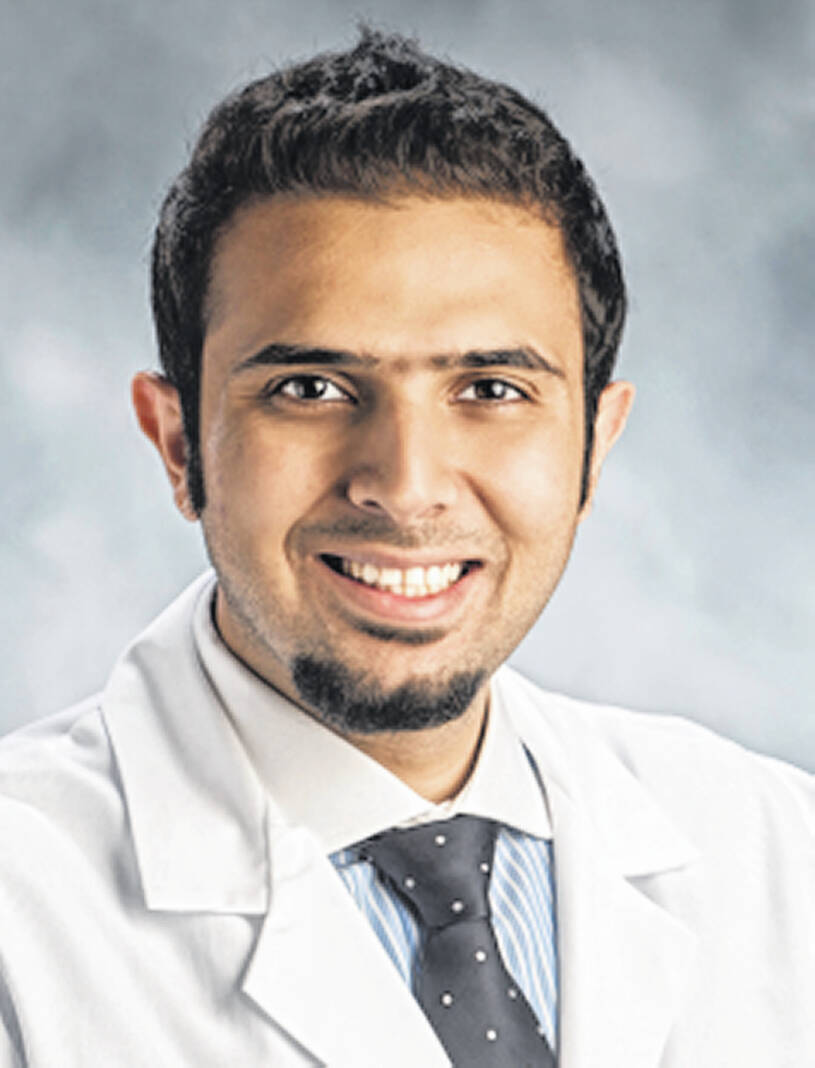
Submitted story
March is National Colorectal Cancer Awareness Month. According to the American Cancer Society, it’s the third leading cause of cancer-related deaths in both men and women.
Although there have been several advancements in colorectal cancer over the past few decades, many misconceptions still exist that prevent individuals from undergoing appropriate screenings and treatment. This month is a great opportunity to raise awareness while also clarifying misunderstandings.
So, Mercy Health gastroenterologist Dr. Ahmed Edhi is setting the record straight on the top 5 most common misconceptions:
– I’m too young to worry about colorectal cancer.
While most individuals diagnosed with colorectal cancer are over the age of 55, there has been a significant increase in the number of young adults diagnosed with the disease in the past decade. As a result, it’s now recommended you start colonoscopy screening at age 45.
– I only need a colonoscopy every 10 years.
Everyone’s risk for colorectal cancer is unique. Individuals with a strong family history of colorectal cancer or a personal history of diseases of the colon and rectum may benefit from more frequent and earlier screenings. It is important to talk to your doctor about your risk factors and design a colorectal screening plan that is the right fit for your needs.
– Colorectal cancer isn’t inherited.
While most cases of colorectal cancer are sporadic, about 5 to 10 percent of colorectal cancer cases are associated with inherited genetic changes, or mutations. Red flags for hereditary cancer include a family history of multiple cancers or cancers occurring under age 50. Genetic counseling testing can help identify whether you have inherited a genetic change associated with elevated risk and whether you would benefit from specific strategies for lowering risk.
– Not much has changed when it comes to treating colorectal cancer.
Treatment for colorectal cancer has evolved substantially in recent years. As researchers learn more about the genetic drivers of colorectal cancer, genetic findings are now being used to inform treatment decisions for certain types of colorectal cancer.
– This is all a lot of information and it’s too complicated to understand.
Finding the right information and resources can feel overwhelming. However, at Mercy Health, we have a multidisciplinary cancer team that can provide you and your family with key education and support for identifying cancer risks, coordinating cancer screenings, developing risk reduction strategies and connecting you with our top team of cancer physicians quickly and seamlessly.
To learn more, call the Mercy Health – Springfield Cancer Center at 937-323-5001 or visit mercy.com to find an expert, compassionate caregiver near you today.
Info from Mercy Health
Info from Mercy Health

